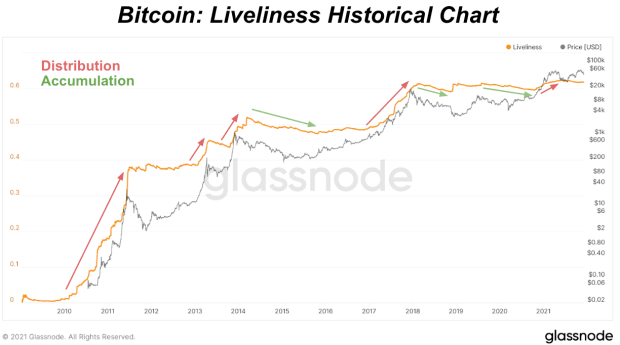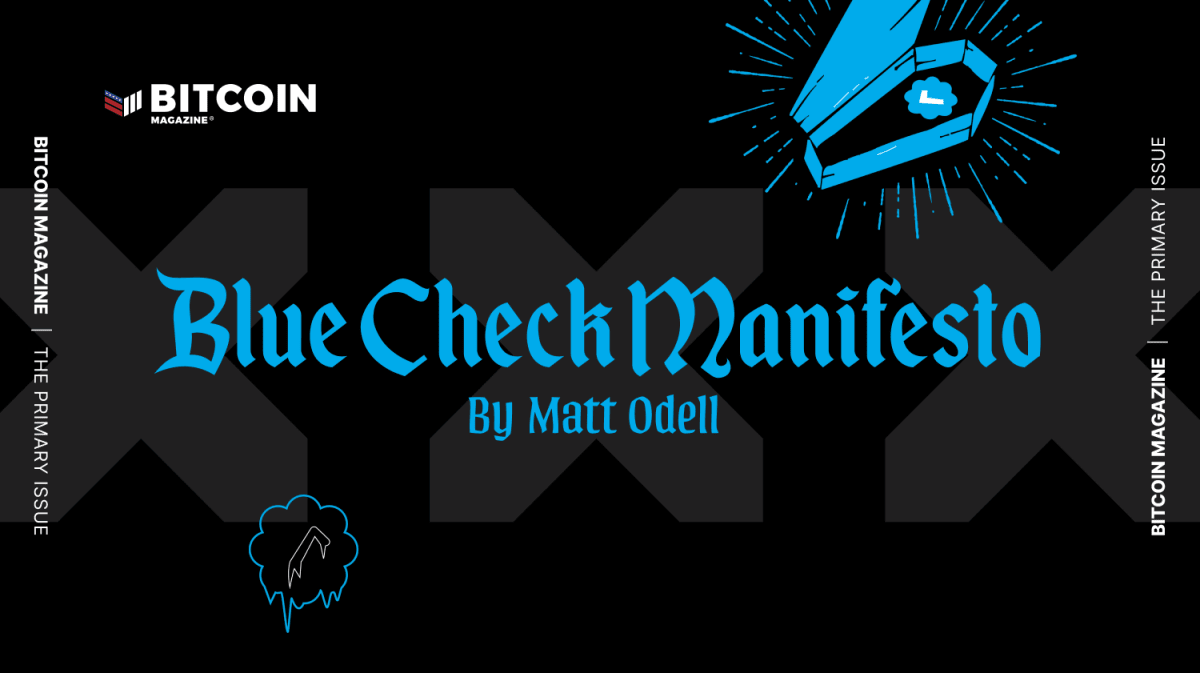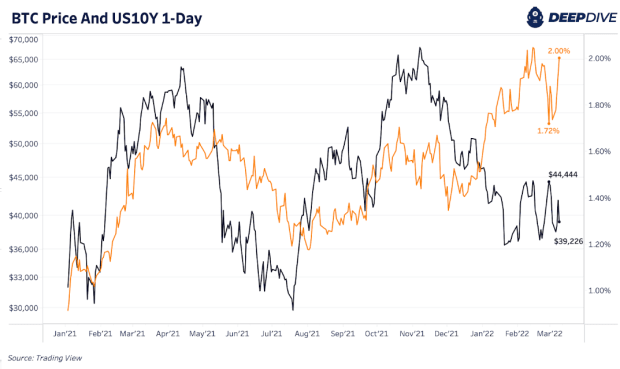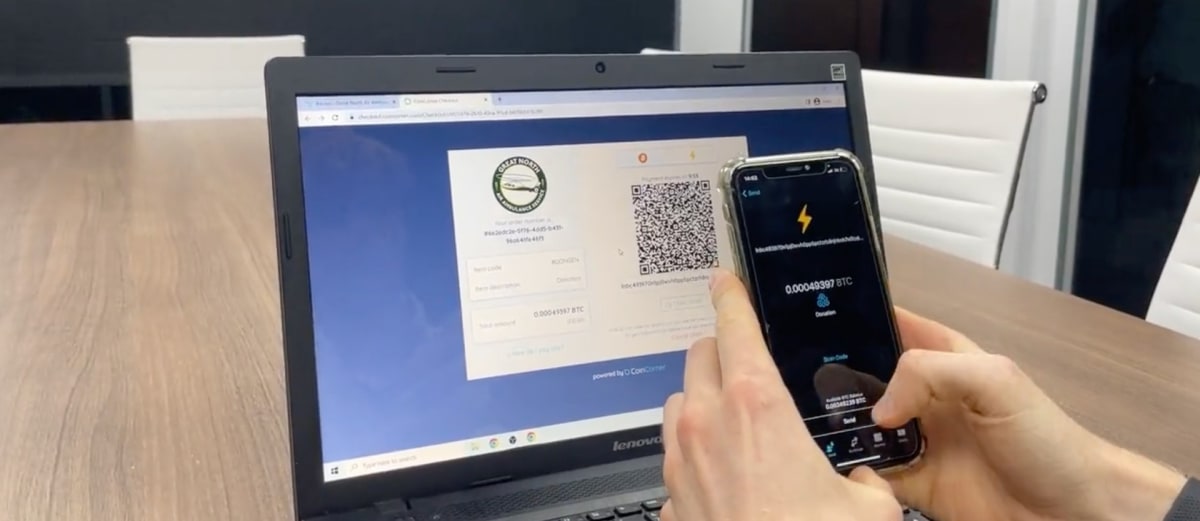U.S. Government Sues Snowden for Profits of Memoir, Speaking Engagements
Uncle Sam has filed a civil lawsuit against political exile Edward Snowden for violating CIA and NSA secrecy agreements by writing and speaking about his time at the agencies.
Edward Snowden, 36, has been living in asylum in Russia since he leaked highly classified documents in 2013 which detailed the NSA’s international mass surveillance system, a digital panopticon that gave the U.S. government access to virtually any device connected to the global telecommunications grid.
His recently published memoir, Permanent Record, details this whistleblowing and his near-seven year stint at the CIA and NSA that informed it. According to a lawsuit filed by the U.S. government, this book, and Snowden’s concomitant speaking gigs, are in violation of secrecy agreements Snowden signed while at the agencies.
Blowing the lid off of the most invasive surveillance scheme ever devised by a world superpower (that we know of), Snowden’s whistleblowing forced civilians to confront the Orwellian consequences of the age of information and ignited concerns over the right to privacy in a digital age. To many, it was the type of truth to power that echoes the decentralized and censorship-resistant qualities of Bitcoin.
“This ability to act without harming someone else, this is the basis of all rights,” Snowden said during his keynote speech at the Bitcoin 2019 conference. “When you talk about due process, right to a fair trial, freedom of speech, freedom of religion — whatever it is, the reason we have these rights is because they are codifying the right to self. Privacy is that thing that says you belong to you rather than to society.”
Further reading: “Snowden: ‘Mass Surveillance Isn’t About Public Safety. It’s About Power.’”
Violations of Nondisclosure and Secrecy Agreements Cited
Per the suit, the government isn’t looking to expunge the record, so to speak. But it does want Snowden to relinquish all of his proceeds from the memoir and his speaking engagements associated with it. The government lists his publisher, Macmillan Publishers, as a defendant, as the company holds the key to Snowden’s publishing royalties.
“The United States of America brings this civil action for breach of contract and fiduciary obligations against Defendant Edward Snowden, a United States citizen who formerly worked as a contractor and staff employee for the Central Intelligence Agency (CIA) and was employed as a contract employee by the National Security Agency (NSA), and who published a book without submitting the manuscript for prepublication review and has given speeches without submitting the necessary materials for prepublication review, in violation of his secrecy agreements and non-disclosure obligations to the United States,” the introduction to the suit reads.
When taking a position at the CIA and, later, the NSA, Snowden was obligated to sign secrecy agreements — contracts meant to hush employees on topics regarding state secrets and confidential information. Snowden, having already transgressed these agreements in grand fashion with his 2013 whistleblowing, apparently didn’t pay them much mind when writing his new book and launching his speaking tour.
But the U.S. government states in the suit that, as a condition of his employment, Snowden was also “required to submit to the CIA for its review any writing or other preparation in any form, including a work of fiction, that Snowden contemplates disclosing publicly or has prepared for public disclosure, that ‘contains any mention of intelligence data or activities’ or ‘contains any other information or material that might be based on’ information obtained during the course of his CIA employment.”
The same goes for his time at the NSA.
A Question of Royalties
By signing these agreements, Snowden also waived his rights to royalties for any media born from his experience at the CIA and NSA.
“In addition to any other remedy to which the United States Government may become entitled, I hereby assign to the United States Government all rights, title, and interest in any and all royalties, remunerations and emoluments that have resulted or will result or may result from any divulgence, publication or revelation of information or material by me that is carried out in breach of this agreement or that involves information or material prohibited from disclosure by the terms of this agreement,” the contract reads.
As such, Snowden’s publisher, Macmillan Publishers, is also tangled in the lawsuit. The U.S. government lists the New York-based publishing house as a defendant alongside Snowden, requiring the company to forfeit any royalties that it may be holding for Snowden from the book’s sales. While the government is not suing Macmillan for its piece of the book’s profits, the government is also seeking a temporary restraining order and court injunction to freeze any assets associated with the book that would be due to Snowden.
Notably, the U.S. government states that “[t]here is no publicly available information regarding the financial arrangement between Snowden and Macmillan with respect to Permanent Record,” citing an Associated Press article that says financial details for the book have been kept close-to-the-chest and the publishing “was itself a covert project” referred to only “under code names in internal documents.”
Right now, it’s unclear how Snowden and Macmillan structured the book deal, and whether it guaranteed Snowden any royalties or advances on royalties at all.In its request for relief, the government has asked the court to recognize that Snowden breached his secrecy agreements and to “enjoin Snowden from any further violations of his contractual and fiduciary obligations.” Nowhere in the document does the U.S. government say it intends to censor or halt publication of Permanent Record; rather, it appears as if it is willing to let freedom of speech reign in that instance and to reap Snowden’s share of the book’s earnings.
The post U.S. Government Sues Snowden for Profits of Memoir, Speaking Engagements appeared first on Bitcoin Magazine.









